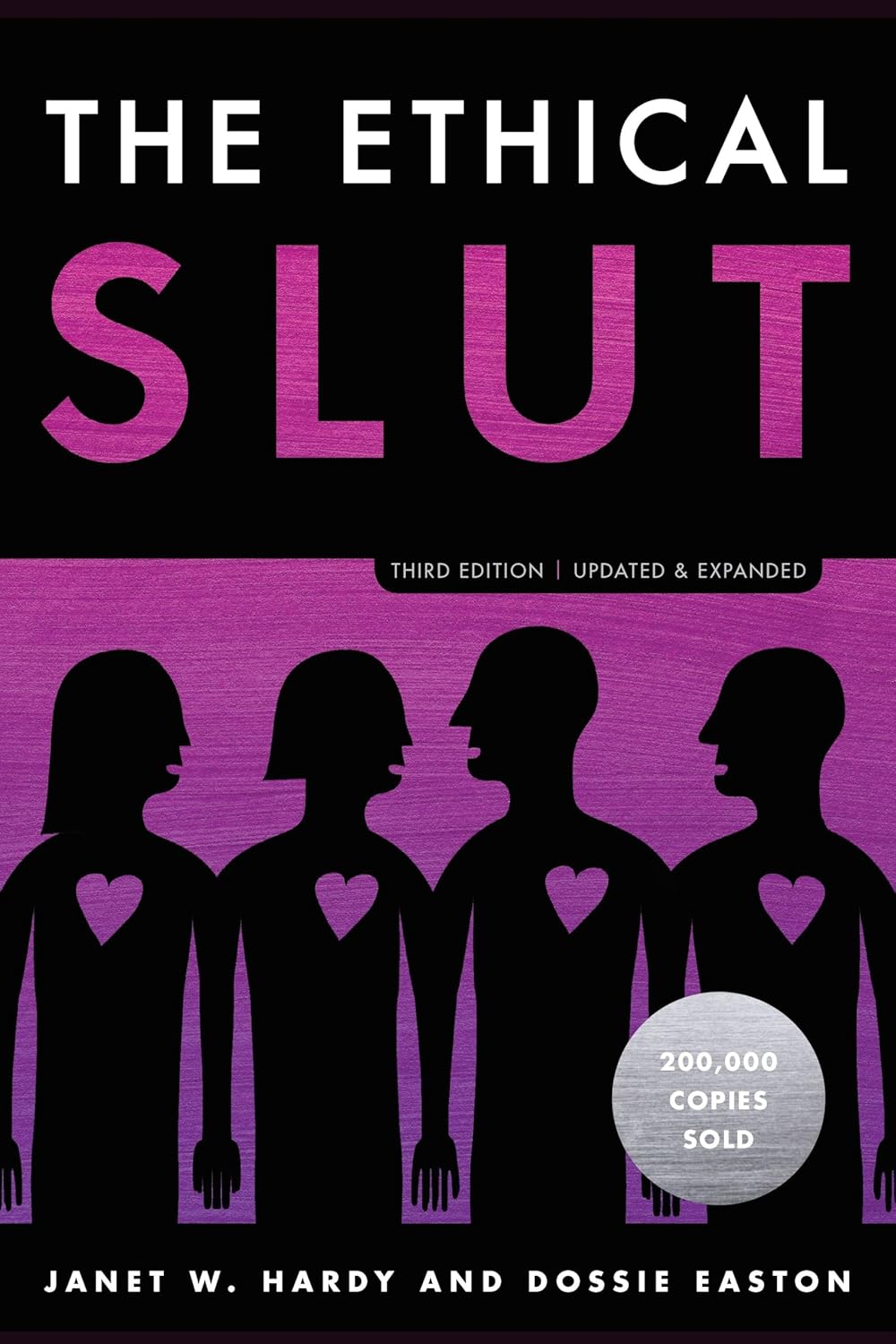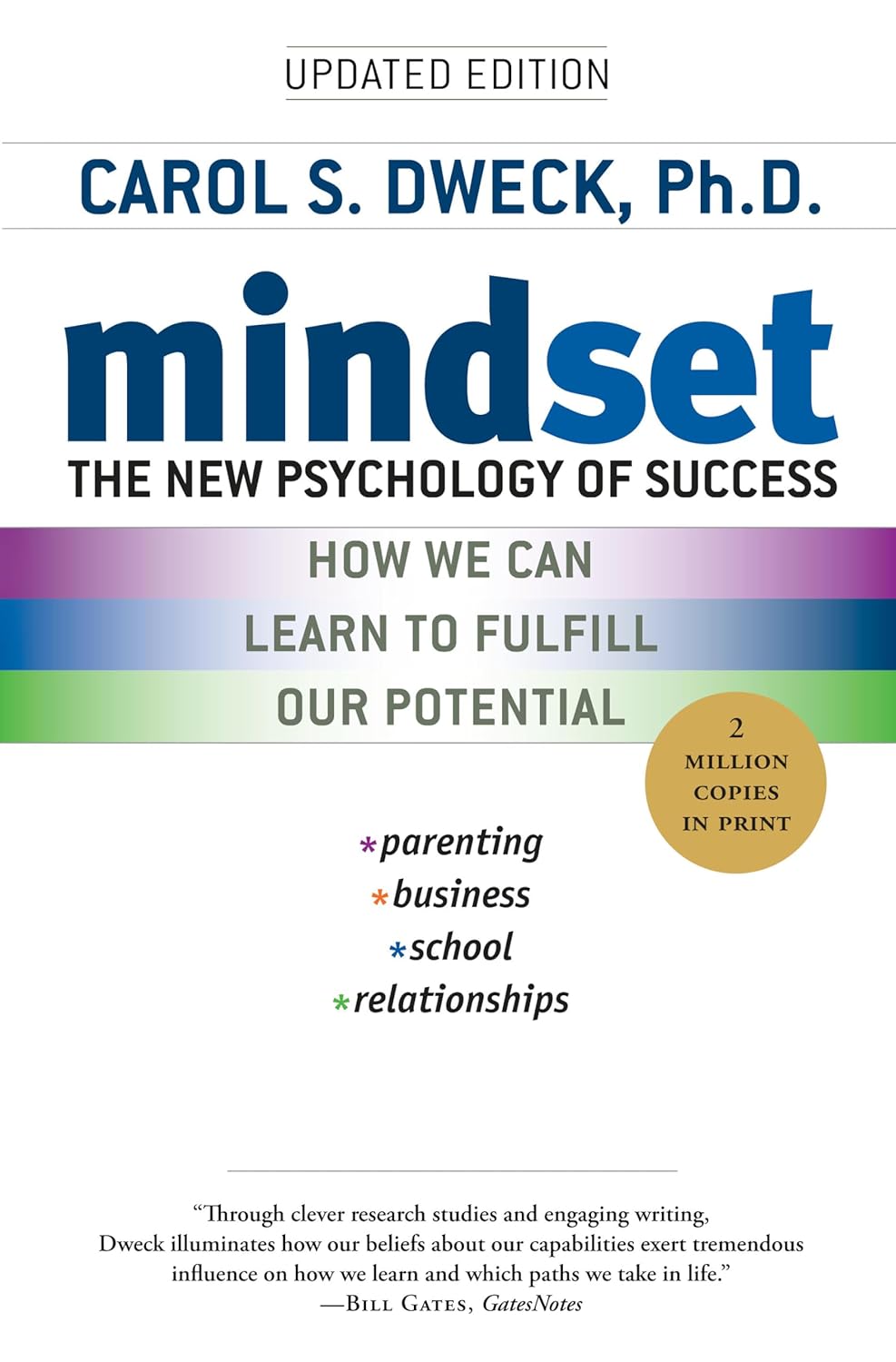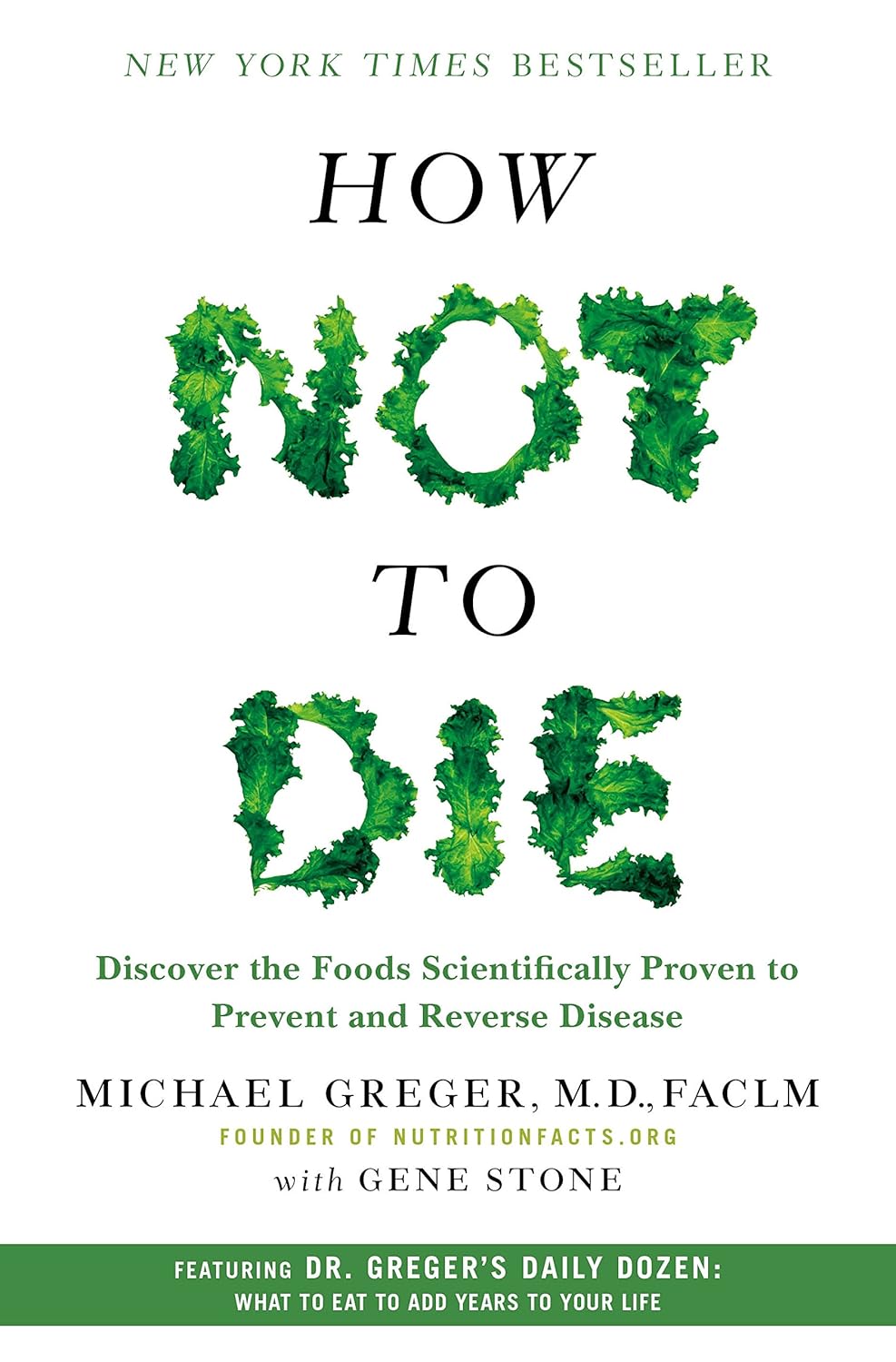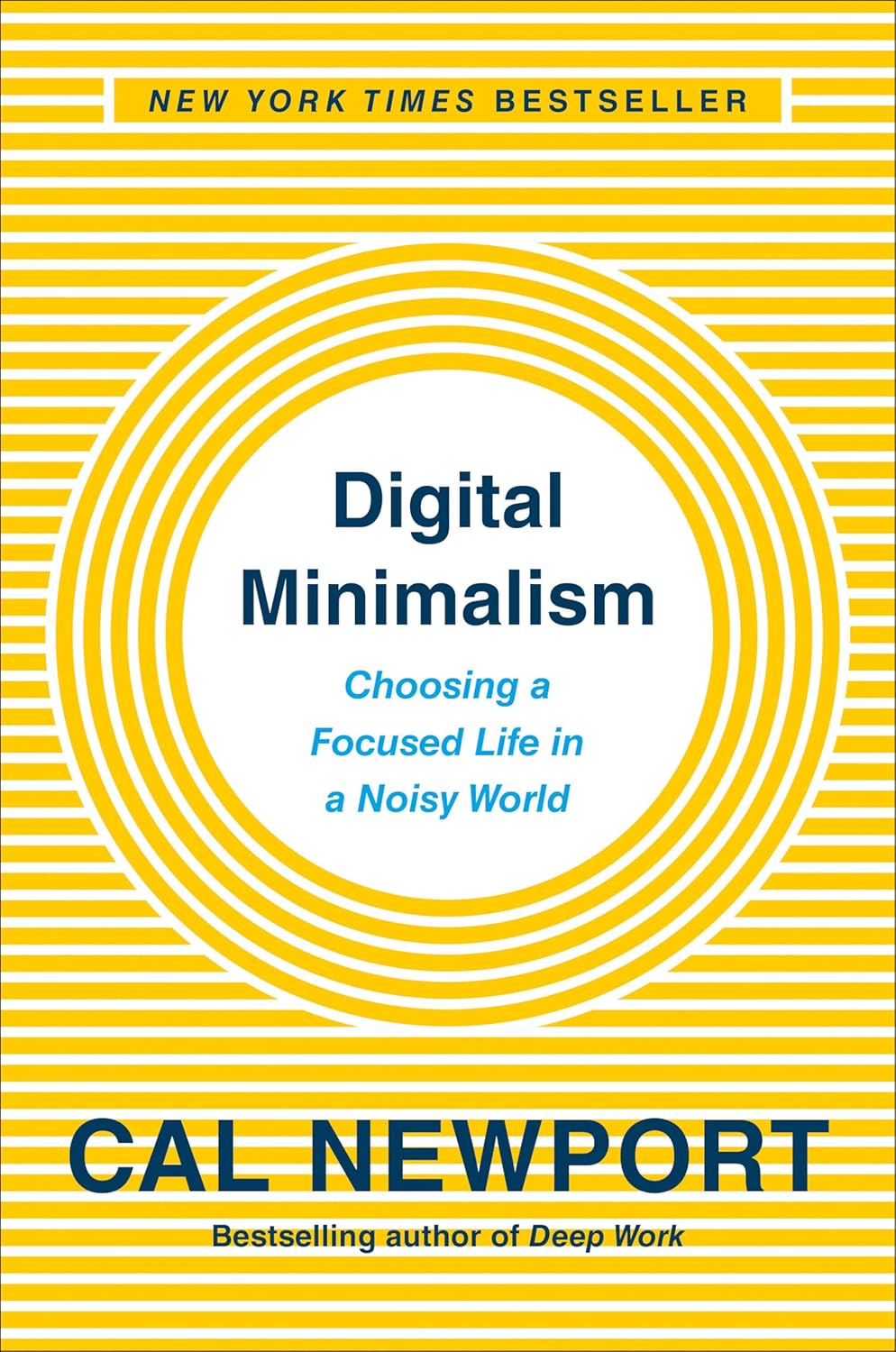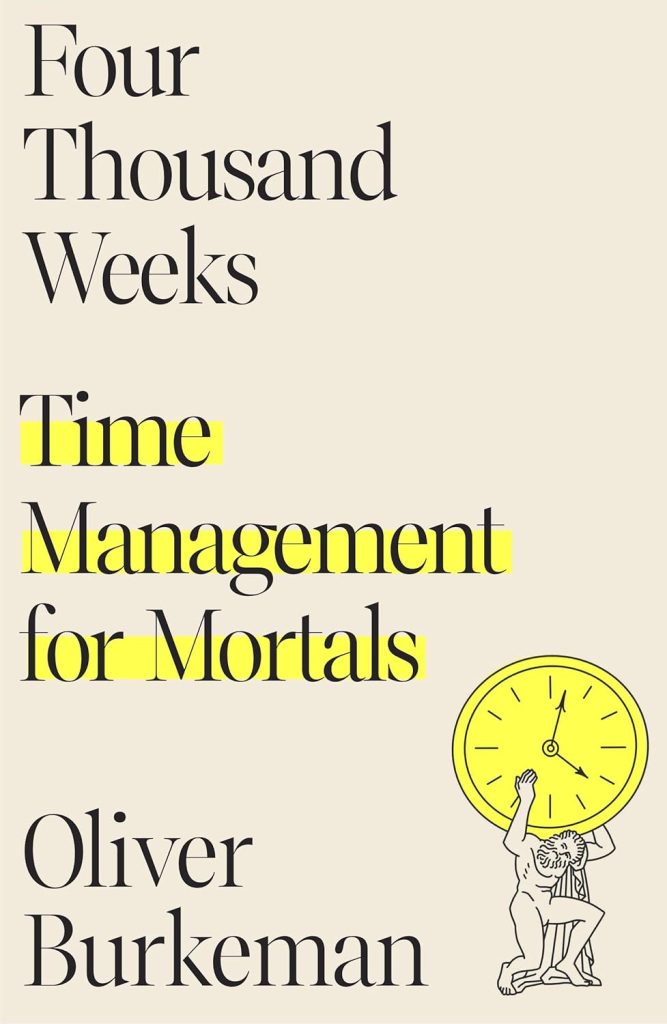
Buy The Book
Chapter
- Part I: Choosing to Choose
- Chapter 1: The Limit-Embracing Life
- Chapter 2: The Efficiency Trap
- Chapter 3: Facing Finitude
- Chapter 4: Becoming a Better Procrastinator
- Chapter 5: The Watermelon Problem
- Chapter 6: The Intimate Interrupter
- Part II: Beyond Control
- Chapter 7: We Never Really Have Time
- Chapter 8: You Are Here
- Chapter 9: Rediscovering Rest
- Chapter 10: The Impatience Spiral
- Chapter 11: Staying on the Bus
- Chapter 12: The Loneliness of the Digital Nomad
- Chapter 13: Cosmic Insignificance Therapy
- Chapter 14: The Human Disease
Four Thousand Weeks: Time Management for Mortals

About
Oliver Burkeman, a journalist known for his insightful perspectives on productivity and time management, challenges conventional self-help in “Four Thousand Weeks: Time Management for Mortals.” The book confronts the reality of our finite existence, arguing that the average human lifespan amounts to roughly four thousand weeks. Burkeman urges readers to abandon the relentless pursuit of efficiency and instead embrace their limitations.
He advocates for accepting the inevitable constraints of time, making conscious choices about what truly matters, and finding joy in the present moment. By letting go of the impossible goal of “getting everything done,” individuals can cultivate a more meaningful and fulfilling life, focusing on depth over breadth and embracing the beauty of a limited existence. Ultimately, Burkeman encourages readers to redefine their relationship with time and discover contentment in the face of finitude.

Spark
Learn
Review
Part I: Choosing to Choose
Chapter 1: The Limit-Embracing Life
Life is defined by limits. Time is finite, and the constant desire to do everything, be everything, or achieve everything is a direct denial of this truth. This denial creates unnecessary stress and leads to a life of perpetual dissatisfaction. Modern culture, with its obsession over productivity and self-improvement, perpetuates the myth that if time is managed perfectly, everything can be accomplished. But this belief is a trap. The more one tries to stretch time or master it, the more overwhelming it becomes.
Embracing limits means letting go of the illusion that every opportunity can be seized and every task can be completed. Instead of striving to fit infinite possibilities into a finite life, it becomes essential to make deliberate choices about what truly matters. These choices often require saying no to many things, which can feel uncomfortable, but ultimately liberates from the burden of trying to do it all.
Acknowledging time’s limits is not about surrendering or giving up. It’s about shifting focus from quantity to quality—prioritizing depth over breadth. By narrowing attention to a few meaningful pursuits and relationships, life becomes more fulfilling. This approach encourages living intentionally rather than scrambling to meet endless expectations. Limits are not barriers to happiness but the structure within which a meaningful life can unfold. Choosing to embrace them allows for clarity, purpose, and freedom from the unrelenting pressure to achieve the impossible.
Chapter 2: The Efficiency Trap
Efficiency promises a way out of feeling overwhelmed, but this promise is deceptive. The more efficient one becomes at completing tasks, the more tasks seem to appear. Clearing the to-do list never actually leads to freedom because new responsibilities, demands, or ambitions quickly fill the space left behind. This creates a cycle where life becomes a relentless race to keep up, a race that can never truly be won.
Efficiency treats time as a resource to be mastered, measured, and optimized. But this mindset often results in treating life itself as a series of tasks to complete rather than experiences to savor. The belief that increased efficiency will eventually create time for what truly matters is a mirage; the faster tasks are completed, the more the demands of life expand to fill the available time.
Escaping this trap requires a fundamental shift in perspective. Instead of striving to do more, it’s necessary to focus on doing less, but doing it better. This means letting go of the pressure to fill every moment with productivity and allowing room for rest, reflection, and connection. It’s not about abandoning responsibilities but about recognizing that time is not infinite, and not everything can or should be done.
True freedom comes not from efficiency but from clarity about priorities. By choosing what matters most and letting go of the rest, it becomes possible to step off the treadmill of busyness and reclaim a sense of presence and meaning.
Chapter 3: Facing Finitude
Time is finite, and death is inevitable. These truths are uncomfortable and often avoided, but they are central to living fully. Avoidance takes many forms—endless busyness, constant distractions, or striving for productivity—but all serve the same purpose: to push away the anxiety of life’s brevity. Yet, avoiding the reality of limits doesn’t make them disappear. Instead, it leaves life feeling shallow, disconnected, and unmoored.
Facing finitude means confronting the fact that not everything can be done, not every opportunity can be seized, and not every moment can be perfect. This confrontation requires accepting that sacrifices will always be necessary. Choices mean saying no to some things to say yes to others. Life’s limitations force prioritization, and this process is what gives life its urgency and meaning.
This acceptance is not about giving up; it’s about liberation. Finitude is not a problem to solve but a reality to honor. By acknowledging the constraints of time, it becomes possible to make deliberate and thoughtful decisions about what truly matters. The inevitability of death and the limits of time can inspire a deeper appreciation for the moments and opportunities that exist right now.
Rather than chasing an impossible ideal of endless time, embracing finitude allows for intentional living. It’s not about doing more but about doing what matters. By facing the truth of mortality, life becomes richer, more meaningful, and grounded in the beauty of the present.
Chapter 4: Becoming a Better Procrastinator
Procrastination is often viewed as a flaw or failure, something to overcome in order to achieve more. But trying to eliminate it entirely is a losing battle, rooted in the false belief that everything can be done if time is managed perfectly. The truth is, procrastination isn’t going anywhere—it’s inevitable when faced with the reality that time is limited, and the demands on it are infinite. Instead of fighting it, the key is learning to procrastinate better.
Better procrastination means consciously deciding what to delay and what to prioritize. Not all tasks are equally important, and trying to tackle everything only leads to exhaustion and mediocrity. By accepting that some things will always be left undone, focus can shift to what truly matters. This involves making peace with the discomfort of leaving lower-priority tasks unfinished and understanding that perfection is unattainable.
Procrastination can even serve as a guide, pointing toward tasks or choices that might not align with deeper priorities. If something consistently feels hard to begin, it might not be worth the time or energy. Recognizing this allows for a more intentional approach to time, one that aligns actions with values rather than an endless to-do list.
The goal isn’t to eliminate procrastination but to use it wisely. Choosing what to delay, what to abandon, and what to focus on makes it possible to live more intentionally. Time is too finite to be spent on what doesn’t matter.
Chapter 5: The Watermelon Problem
Life often feels like juggling too many competing priorities at once. The tasks, goals, and obligations pile up, creating a sense of overwhelm and a constant fear of dropping the ball. This is the “watermelon problem”: trying to hold onto every single thing while knowing it’s impossible. The sheer weight of it all leads to exhaustion and frustration, yet the instinct is to keep trying to carry it all.
The problem lies in the assumption that every task and opportunity is equally important. Not everything can be a priority, and treating it as such only ensures that nothing gets the full attention it deserves. Letting go of some responsibilities or goals is not failure—it’s freedom. By choosing fewer things to focus on, it becomes possible to engage with them deeply and meaningfully.
This requires recognizing that life will always involve trade-offs. Saying yes to one thing often means saying no to another. Instead of trying to avoid these trade-offs, embracing them creates clarity. The key is to identify the “watermelons” that truly matter—the goals, relationships, and pursuits that align with deeper values—and to let the rest fall away.
Carrying fewer watermelons means acknowledging limits and making deliberate choices. It’s not about doing more or doing it all; it’s about doing what matters most. Letting go of the rest isn’t giving up—it’s making space for the things that bring meaning and joy.
Chapter 6: The Intimate Interrupter
Life is filled with interruptions—emails, notifications, people needing attention—and it’s easy to view them as obstacles to productivity. The desire to block out distractions and focus entirely on tasks is strong, but this approach overlooks something vital. Interruptions, especially those from people close to us, are not just disruptions—they are life itself.
The constant striving for efficiency and uninterrupted focus can lead to seeing relationships as secondary to productivity. This mindset treats people as obstacles rather than as the core of what makes life meaningful. The interruptions from loved ones or colleagues, though inconvenient at times, are opportunities for connection and intimacy. They remind us that time is not solely for accomplishing tasks but for being present with others.
Balancing focus and connection means shifting priorities. It’s not about abandoning work or goals but about recognizing that relationships deserve time and attention too. Being present with others, even in small moments of interaction, adds depth and richness to life. These moments of connection are not interruptions to the “real” work of life—they *are* life.
This perspective also requires rethinking control over time. Life is not a perfectly planned schedule but a dynamic, messy experience filled with surprises. Embracing interruptions means embracing the unpredictability of life itself. By choosing to see interruptions as opportunities rather than obstacles, it becomes possible to live more fully and authentically. Connection, after all, is not a distraction—it’s the heart of what it means to be human.
Part II: Beyond Control
Chapter 7: We Never Really Have Time
Time is often seen as something to control or possess. The idea of “having time” suggests it’s a resource that can be saved, managed, or spent wisely. But in reality, time is never truly owned. It flows, regardless of plans or efforts to contain it. Life unfolds in the present moment, and attempting to grasp or master time only leads to frustration and anxiety.
This mindset of ownership creates pressure to “make the most” of every minute, as though time is slipping away if not optimized. But time isn’t something external to be manipulated—it’s simply the medium in which life happens. Chasing the illusion of control only distracts from experiencing life as it is.
Instead of trying to own time, it’s necessary to shift focus to living within it. This involves accepting that time is finite and uncontrollable, a reality that can feel unsettling but also liberating. Letting go of the idea of mastering time makes space for presence and engagement with what truly matters.
The pursuit of control often leads to a constant rush, a sense of scarcity, and a detachment from the present. But time is not a possession; it’s a shared experience, something to move through rather than hoard. Embracing this truth allows for a deeper connection to life, one that values presence over productivity and experience over efficiency.
Chapter 8: You Are Here
Life often feels like a race toward an imagined destination—a future where everything will finally fall into place. This mindset creates a constant longing for the next thing, leaving the present moment overlooked or devalued. The belief that happiness or fulfillment lies somewhere ahead obscures the fact that life is always happening now.
The fixation on future goals or achievements fosters a sense of dissatisfaction. The present becomes a means to an end, something to endure or rush through rather than appreciate. But the future, when it arrives, will also be the present. Chasing it means perpetually delaying the chance to live fully.
Grounding oneself in the present requires letting go of the idea that life will begin “someday.” It means recognizing that this moment, however imperfect, is the only one guaranteed. This doesn’t mean abandoning aspirations but reframing them. Goals can guide actions, but they shouldn’t overshadow the experience of living.
Fully inhabiting the present involves noticing the small, ordinary details of life—the things often missed in the rush to move forward. It’s about embracing the here and now, with all its messiness and unpredictability. Life isn’t a problem to solve or a project to complete; it’s an unfolding experience. By being present, it becomes possible to find meaning and joy, not in some distant future, but in the moments already here.
Chapter 9: Rediscovering Rest
Rest is often treated as a reward for hard work, something earned after completing tasks or meeting expectations. This approach places rest at the end of a never-ending to-do list, making it feel elusive or even indulgent. But rest is not a luxury—it’s a necessity, a fundamental part of being alive.
The modern obsession with productivity has turned rest into something to optimize, reducing it to another task to manage. This mindset disconnects rest from its true purpose: to replenish, restore, and reconnect. Rest isn’t just physical; it’s also emotional and mental. It’s a chance to pause, reflect, and simply be.
Rediscovering rest means breaking free from the idea that it must be “deserved.” It requires recognizing that constant busyness is unsustainable and often counterproductive. True rest allows space for creativity, connection, and clarity. It’s not about escaping responsibilities but about creating balance and perspective.
This kind of rest involves stepping away from distractions and giving attention to what nourishes the soul. It might mean spending time in nature, engaging with loved ones, or simply doing nothing. Rest isn’t wasted time—it’s what makes meaningful activity possible.
By prioritizing rest, life becomes less about constant striving and more about rhythm. It’s not about abandoning work or effort but about integrating rest as an essential part of the whole. Rest restores the capacity to engage with life fully and intentionally.
Chapter 10: The Impatience Spiral
Impatience arises from the belief that life is a race to be won or a problem to be solved quickly. This mindset creates a constant urge to move faster, achieve more, and push through obstacles. But the faster life is lived, the less it is truly experienced. Impatience feeds the illusion of control while robbing moments of their depth and meaning.
This spiral of impatience often begins with unrealistic expectations. When things don’t happen as quickly as desired, frustration builds, leading to a sense of urgency that drives further impatience. This cycle not only creates stress but also diminishes the quality of life. Rushing through moments to get to the next thing leaves little room for joy, connection, or reflection.
Breaking free from impatience requires slowing down and recalibrating expectations. It means accepting that not everything can or should happen on demand. Life unfolds at its own pace, and trying to force it into a faster rhythm only creates resistance.
By embracing slowness, it becomes possible to fully inhabit the present. Patience allows for deeper engagement with experiences and relationships, fostering a sense of presence that rushing can never achieve. It’s not about abandoning goals or ambitions but about approaching them with a sense of ease and trust.
Life is not a race to complete but a journey to savor. The more patience is cultivated, the more space there is for meaning, connection, and appreciation of the moments that make life rich.
Chapter 11: Staying on the Bus
The desire for quick results often leads to abandoning efforts when progress feels slow or uncertain. This mindset values immediate gratification over long-term commitment, creating a tendency to jump from one thing to the next in search of faster outcomes. But meaningful growth and achievement require staying the course, even when progress is invisible or delayed.
“Staying on the bus” is about persistence. It means choosing to remain committed to a path, even when doubts arise or distractions tempt. Growth and mastery are not instantaneous; they unfold over time through consistent effort. The temptation to switch directions often stems from impatience or fear of failure, but constantly changing course only prevents deeper engagement and fulfillment.
This approach requires trusting the process and embracing the discomfort of not knowing where it will lead. Staying on the bus doesn’t guarantee immediate success, but it creates the conditions for meaningful progress. It’s about investing in what matters and resisting the urge to chase fleeting opportunities that promise quicker results.
Commitment also deepens connection and purpose. By staying with something, whether it’s a relationship, a project, or a passion, it becomes possible to uncover layers of meaning that surface only with time. Life is not about scattering attention across endless possibilities but about choosing a few things to pursue deeply.
Staying on the bus is an act of faith—not in the outcome, but in the value of the journey itself. It’s about honoring the finite time available by committing fully to what truly matters.
Chapter 12: The Loneliness of the Digital Nomad
The promise of digital freedom—working from anywhere, untethered by place or routine—seems appealing. A life where boundaries are erased and flexibility reigns might sound like the ultimate goal. Yet, this lifestyle often fosters a deep sense of isolation. By detaching from physical communities and stable routines, the digital nomad risks severing the ties that create meaning and belonging.
Place anchors people. It provides a sense of connection, identity, and rootedness. Constant movement, while freeing in some ways, erodes these ties, leaving behind a hollow sense of disconnection. Relationships, too, often suffer. Bonds that rely on proximity and consistent interaction can’t easily be maintained when life becomes an endless stream of temporary locations and fleeting acquaintances.
The pursuit of freedom at all costs can paradoxically trap people in a different kind of emptiness. The absence of roots and stability creates a void that no amount of flexibility or independence can fill. True freedom comes not from detachment but from choosing meaningful commitments—to people, places, and routines that ground life in something solid.
The digital nomad lifestyle holds appeal because it avoids constraints, but constraints are often what give life its depth. By accepting limits and investing in connections over mere convenience, life becomes richer and more fulfilling. Freedom doesn’t lie in escaping ties but in choosing the right ones. It’s the rootedness, not the rootlessness, that fosters connection and meaning.
Chapter 13: Cosmic Insignificance Therapy
The weight of trying to make a lasting mark on the world can feel overwhelming. The desire to matter, to leave a legacy, often drives people to push harder, achieve more, and strive for significance. Yet, in the grand scheme of the universe, individual existence is fleeting and small. This truth, while humbling, offers profound relief.
Cosmic insignificance isn’t a reason for despair but a liberation from the pressure to be extraordinary. In the vastness of time and space, the actions of one person will inevitably fade, no matter how monumental they seem in the moment. Realizing this doesn’t diminish the value of life—it removes the burden of needing to make it “special” in order for it to be meaningful.
Life’s meaning doesn’t depend on its scale or permanence. Small moments of joy, connection, and contribution are no less significant because they won’t last forever. The fleeting nature of life is what makes these moments precious. By embracing this perspective, it becomes possible to focus on the present rather than chasing an impossible ideal of immortality or importance.
This shift in mindset brings clarity. Time is finite, and the world doesn’t demand grand gestures to justify existence. What matters is how time is spent in the here and now. Cosmic insignificance is not a reason to give up but a reminder to focus on what truly brings joy and connection, free from the weight of unrealistic expectations.
Chapter 14: The Human Disease
Human beings are unique in their awareness of mortality. This knowledge sets people apart from other creatures, creating a constant tension between the desire to live fully and the inevitability of death. This tension is the “human disease”—the paradox of wanting more time while knowing it will always be limited.
Much of life is spent trying to escape this uncomfortable truth. Distractions, busyness, and the pursuit of success often serve as attempts to avoid grappling with mortality. Yet, the more this reality is ignored, the more it manifests as anxiety, dissatisfaction, or an insatiable need for control. The human disease cannot be cured by avoiding it—it must be faced directly.
Acknowledging mortality is not about despair but about clarity. It strips away illusions and forces focus on what truly matters. The limits of life are not obstacles but the framework within which meaning is created. Without limits, there would be no urgency, no reason to prioritize, and no depth to experience.
Living with the awareness of mortality means embracing the imperfection, messiness, and beauty of existence. It means accepting that life is finite and that this finitude is what gives it its richness. The human disease isn’t a flaw to fix but a truth to live with. By facing it, life becomes more intentional, more vivid, and more aligned with what truly matters. Mortality is not the enemy—it’s what makes every moment count.
For People
– Overwhelmed Professionals
– Anxious Perfectionists
– Existentially Curious Individuals
– Productivity Seekers
– Reflective Retirees
Learn to
– Time Acceptance
– Priority Clarity
– Present Focus
– Reduced Anxiety
– Meaningful Living





